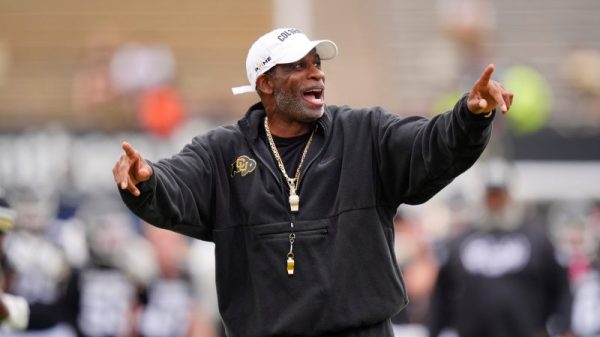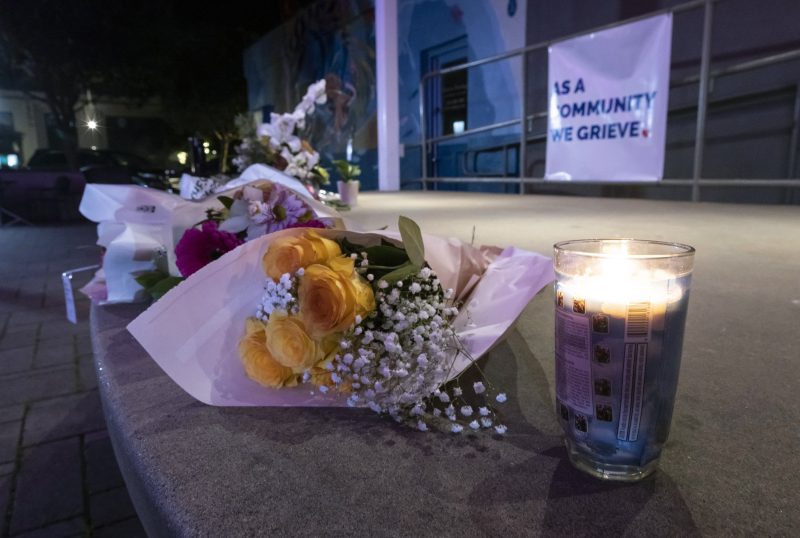Every mass shooting incident happens under circumstances that someone, somewhere would have considered inconceivable. For me, for example, the idea of a mass killing in California’s Half Moon Bay was hard to fathom. How did gun violence erupt in this misty, Pacific town?
The answer, of course, is that gun violence accompanies guns, and guns are everywhere. But there’s also a second, circular answer: It happened there because such incidents are soaring in 2023 — in California in particular.
As you probably know by now, the definition of “mass shooting” is subjective. Many observers have centered around the definition used by the Gun Violence Archive, which has been documenting mass-shooting incidents since 2014. That definition holds that a “mass shooting” is one in which four or more people, excluding the shooter, are shot or killed in a single incident.
By that standard, the country had seen an average of 22 mass-shooting incidents by the end of January from 2014 to 2019. In 2020, the figure was 25 — but shootings soared that spring in the wake of the coronavirus pandemic restrictions. In 2021 and 2022, the end-of-January average was 33 incidents. (The Post, it should be noted, uses the term “mass killing” in those incidents in which four or more people, not including the shooter, have been killed by gunfire.)
On Tuesday, the Gun Violence Archive had already tallied 40 incidents so far in 2023 — 21 percent higher than the average in the previous two years.
If we only look at the number of fatalities each year, the pattern is similar. From 2014 to 2020, the average number of deaths in mass-shooting incidents by the end of January was 31. In 2021 and 2022, it was 37. So far this year, 73 people have been killed in such incidents.
That’s in large part because of the 27 deaths in California so far this year. From 2014 to 2022, the state averaged about three mass-shooting deaths by the end of January. This year, there have already been 27.
Even without that surge in California, though, the United States would be ahead of its recent pace on mass shooting incidents. Take out California’s incident count and death toll and the country is still 50 percent ahead of the average pace in 2021 and 2022.
This could be an aberration. There have been periods in which mass-shooting incidents increase quickly; it may simply be the case that we’re seeing such a period at an unusually early point in the year.
It could also mean that this will be the deadliest year for mass shootings in at least a decade, with a pace of incidents and deaths that easily outpaces even the increase seen in the early pandemic era. The trend with mass shootings, as with crime overall in 2022, was downward. The trend in 2023, unfortunately, is upward. Quickly.



























